The Sarnia-Lambton Hybrid Chemistry Cluster is Canada’s premier location for the commercialization of and investment in clean, green, and sustainable chemistry technologies, and the largest cleantech cluster in Ontario for industrial bioproducts. Successful operations include Canada’s largest ethanol plant, the worlds first bio-succinic acid facility, and the first commercial scale operation for bio-PET precursors.
Leveraging the region’s position as a Canadian leader in chemical and energy production alongside an abundance of agriculture and waste-based feedstock potential, new investments thrive from the integration of industries in Sarnia-Lambton as the region focuses on being a leader in Powering a Sustainable World.
%20(2151%20x%201334%20px)%20(1700%20x%201334%20px).avif)
The Sarnia-Lambton Hybrid Chemistry Cluster is made up of more than thirty-five interrelated chemical facilities with processes ranging across the hybrid chemistry value chain, integrating the traditional hydrocarbon-based economy with the industrial bio-economy for the production of high-value products. Through an investment focus connecting emerging economic development opportunities for products made from renewable resources – biofuels, bio-materials, and renewable chemicals – with existing industry and infrastructure, the area is recognized around the world as a centre for bio-industrial manufacturing and research and development.







Sarnia-Lambton seamlessly integrates its legacy in petrochemicals with emerging bio-based technologies, fostering a collaborative ecosystem where traditional and sustainable chemistry industries work in synergy.
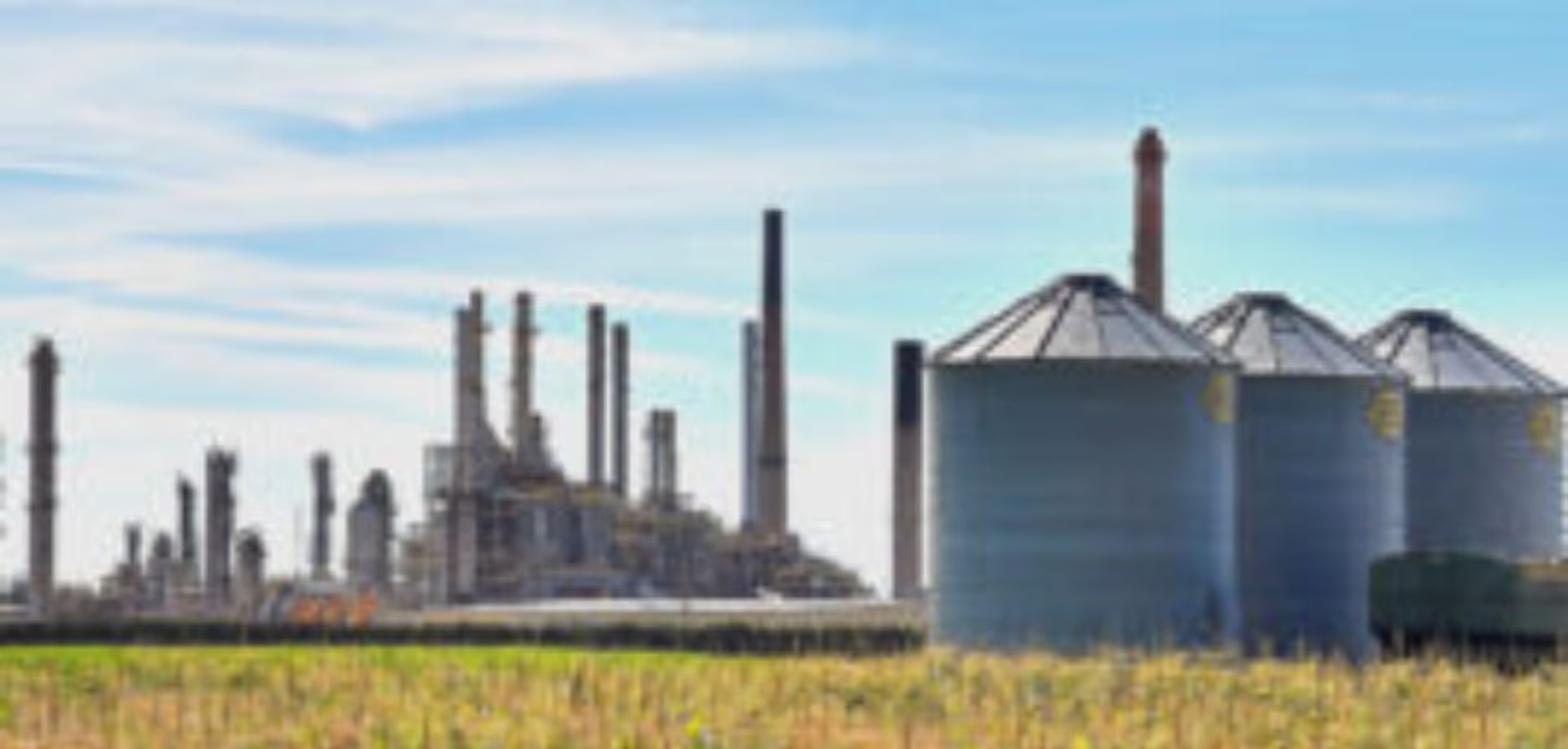
A culture of collaborative innovation based on recognition of the area’s natural fit for merging hydrocarbon-based and industrial bio-based economies.
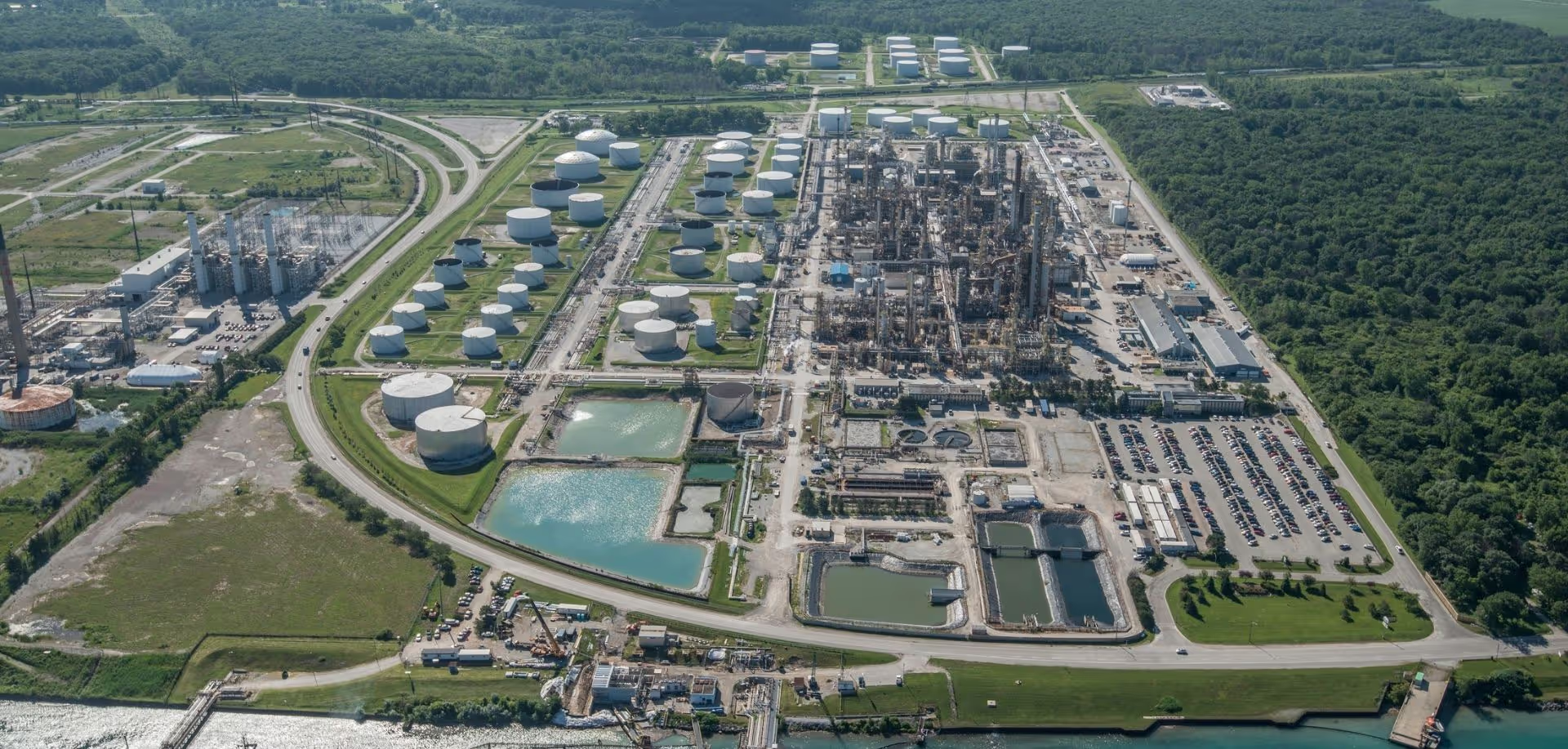
Established process infrastructure ideally suited to emerging bio-based industries, can save new projects twenty percent on capital costs. This is supported by an industrial base of more than 80 local firms with expertise from plant concept, construction, full operation, and maintenance.
%20(2151%20x%201334%20px)%20(1700%20x%201334%20px)%20(1920%20x%20917%20px).avif)
Based in Sarnia-Lambton, Bioindustrial Innovation Canada provides strategic investment, advice, and services to developers of clean, green and sustainable technologies, aiding in the commercialization of sustainable chemistry-based products
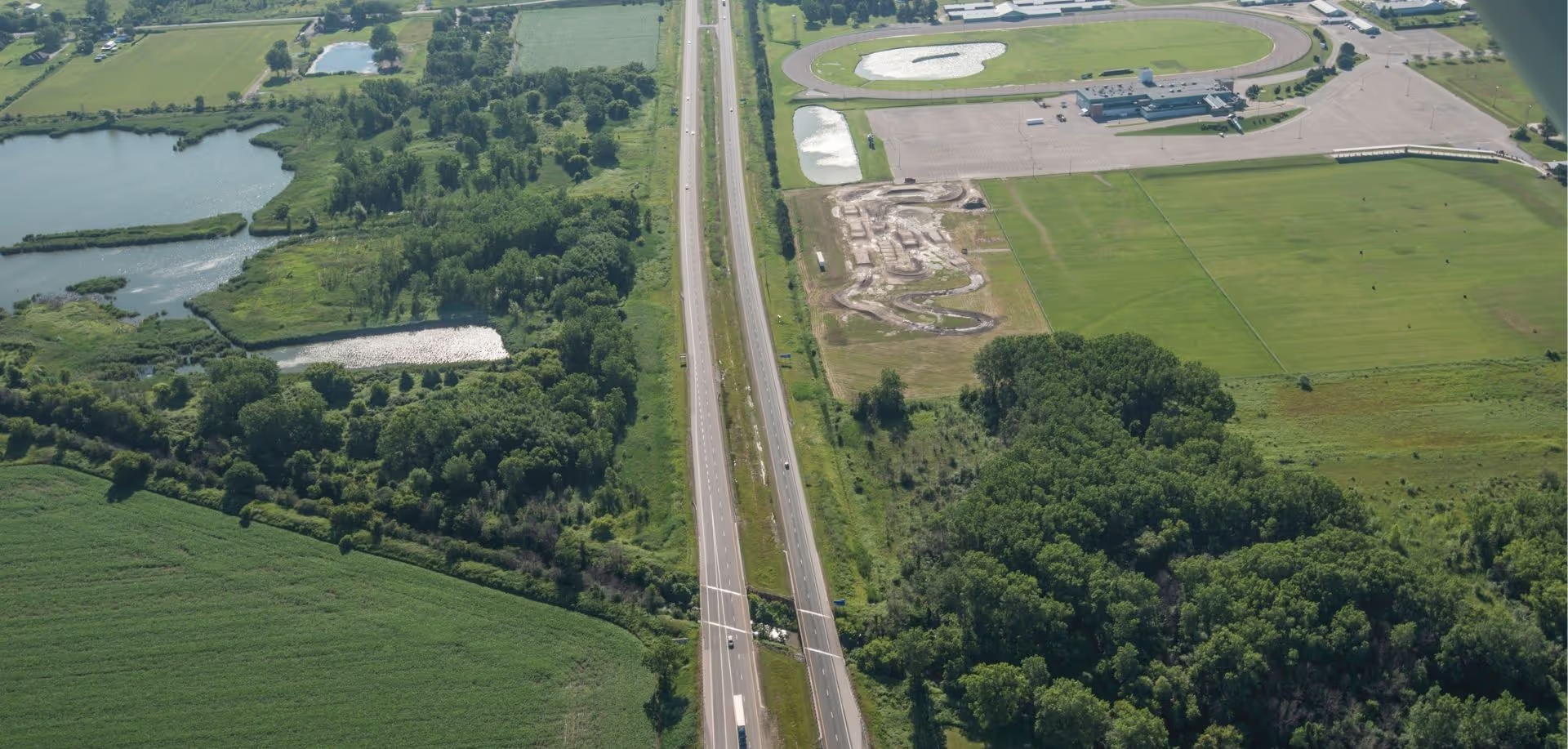
Outstanding access to markets via road, rail, and deep sea port transportation infrastructure.

Strong government support including a competitive corporate tax environment, incentives, and grants.
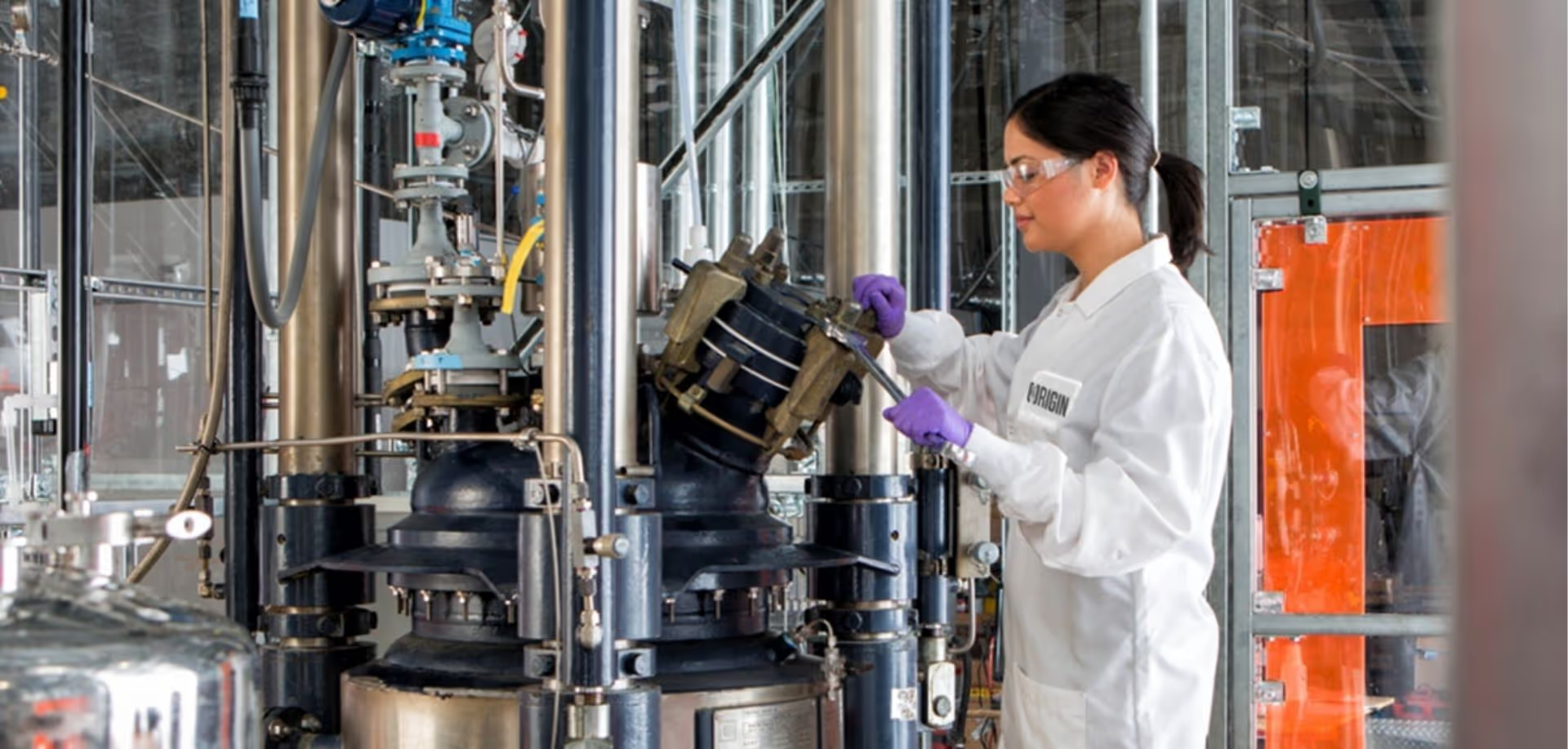
Highly skilled workforce specializing in hybrid chemistry, supported by a strong ecosystem of education, innovation, and research & development that accelerates commercialization.
The Sarnia-Lambton Bioeconomy Development Opportunity (BDO) Zone is ‘A’, or “high quality”, based on reliable generation of biomass, lack of large-scale competition for feedstock, and access to larger supply basins at marginal transportation cost increases. The Sarnia-Lambton BDO Zone extends 140km drive-distance from Sarnia, and is rated for 190,000 oven-dried metric tons per year of corn stover.
The Sarnia-Lambton BDO Zone has achieved a significant milestone by receiving the first BDO rating for corn stover biomass; it is also the first rating in the province of Ontario. The ‘A’ rating highlights the importance of the Sarnia-Lambton BDO Zone and paves the way for future advancements and growth in utilizing corn stover for decarbonization, farm stability and job creation in the province.
In addition to corn stover, there are significant volumes of wheat straw biomass in Sarnia-Lambton, creating additional feedstock opportunities for sustainable chemistry technologies and investments.
Discover a diverse range of industrial properties and development-ready sites in Sarnia-Lambton. Our property search and analysis tool makes it easy to identify locations that align with your business goals.
Lambton County - a leading producer of soybeans, corn, and wheat - offers access to high-volume sources of renewable and fossil-based materials. These include substantial quantities of agricultural residues, sugar beets and related biomass, and waste products.
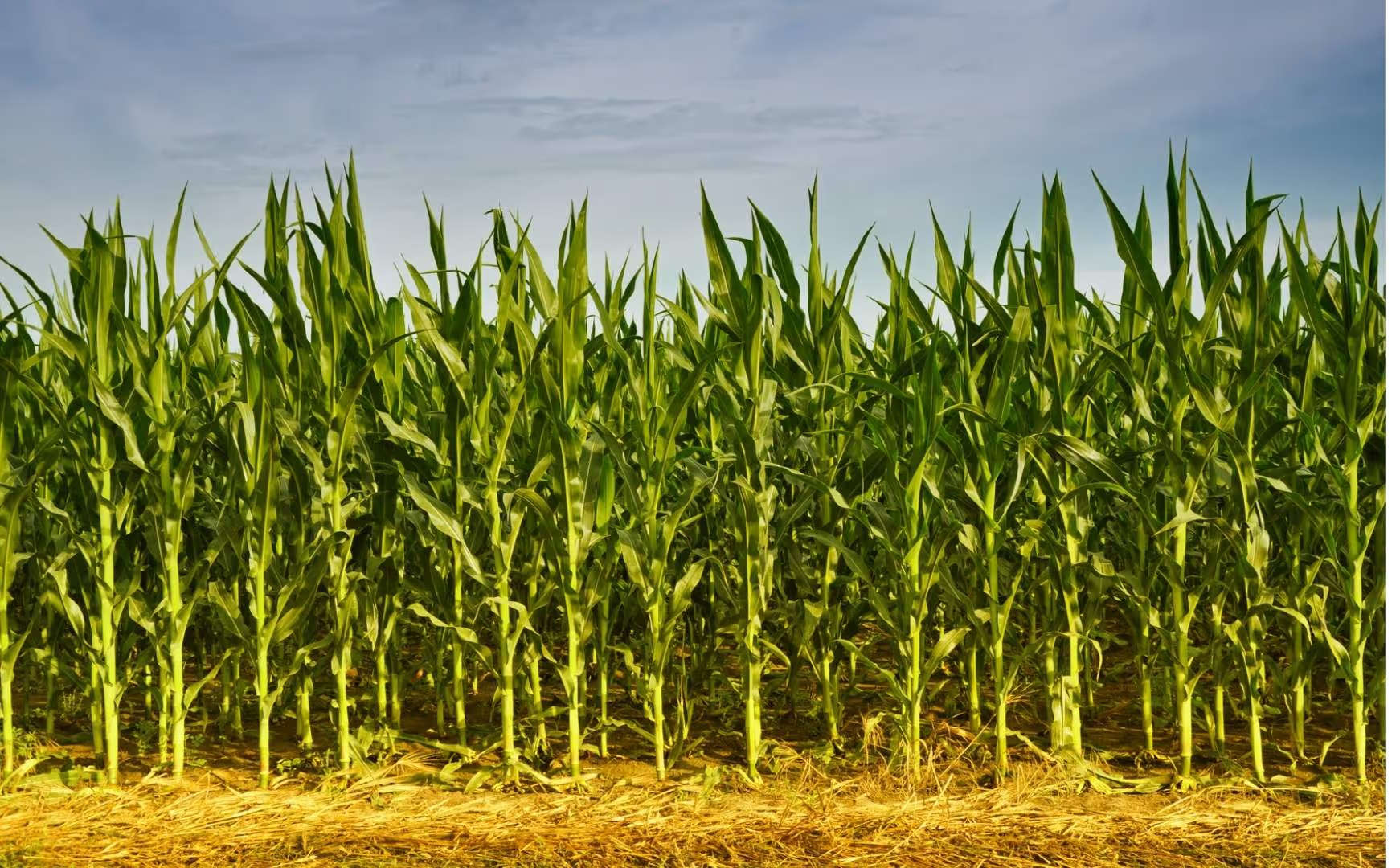
Corn
265 million bushels
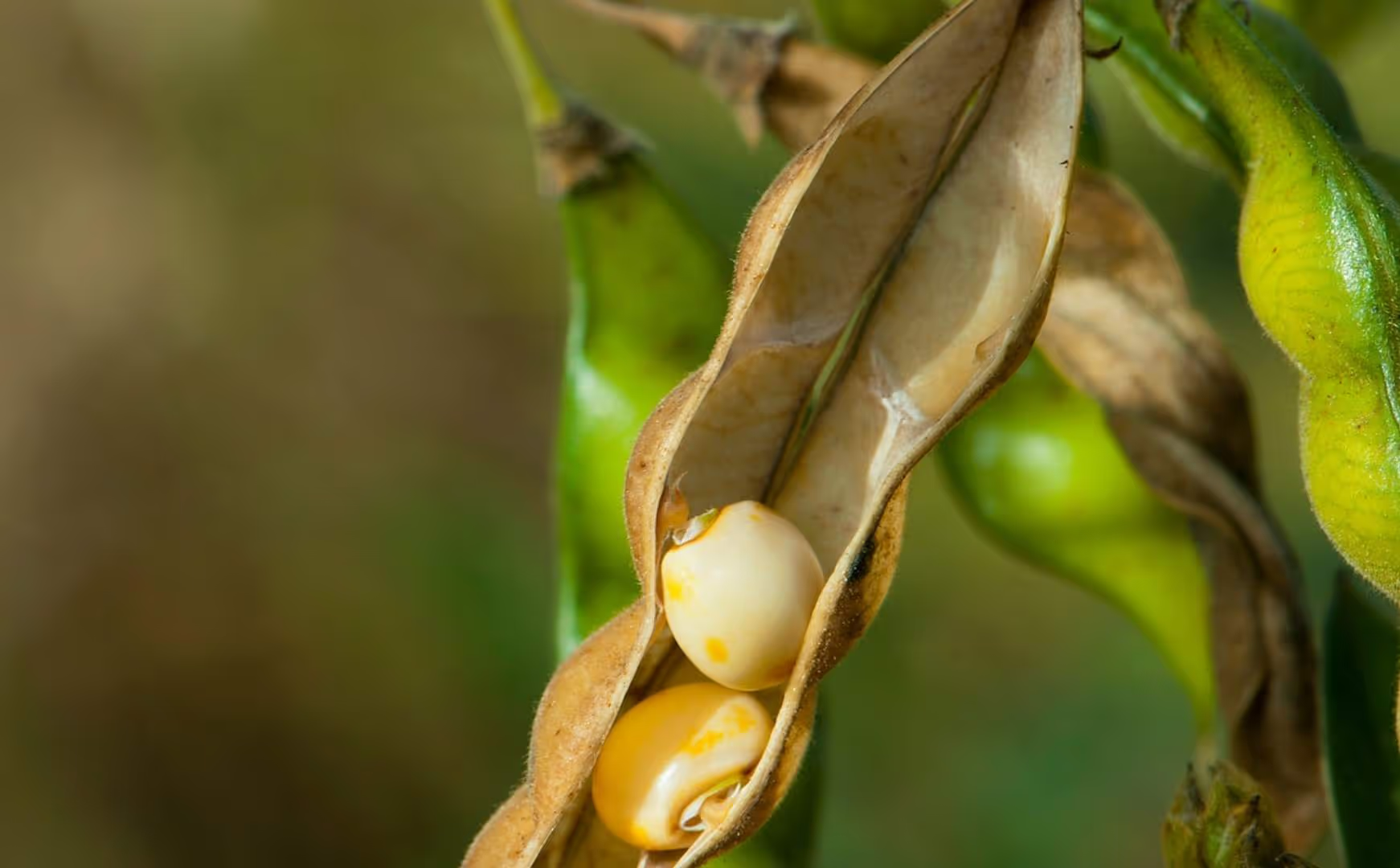
Soybeans
121 million bushels
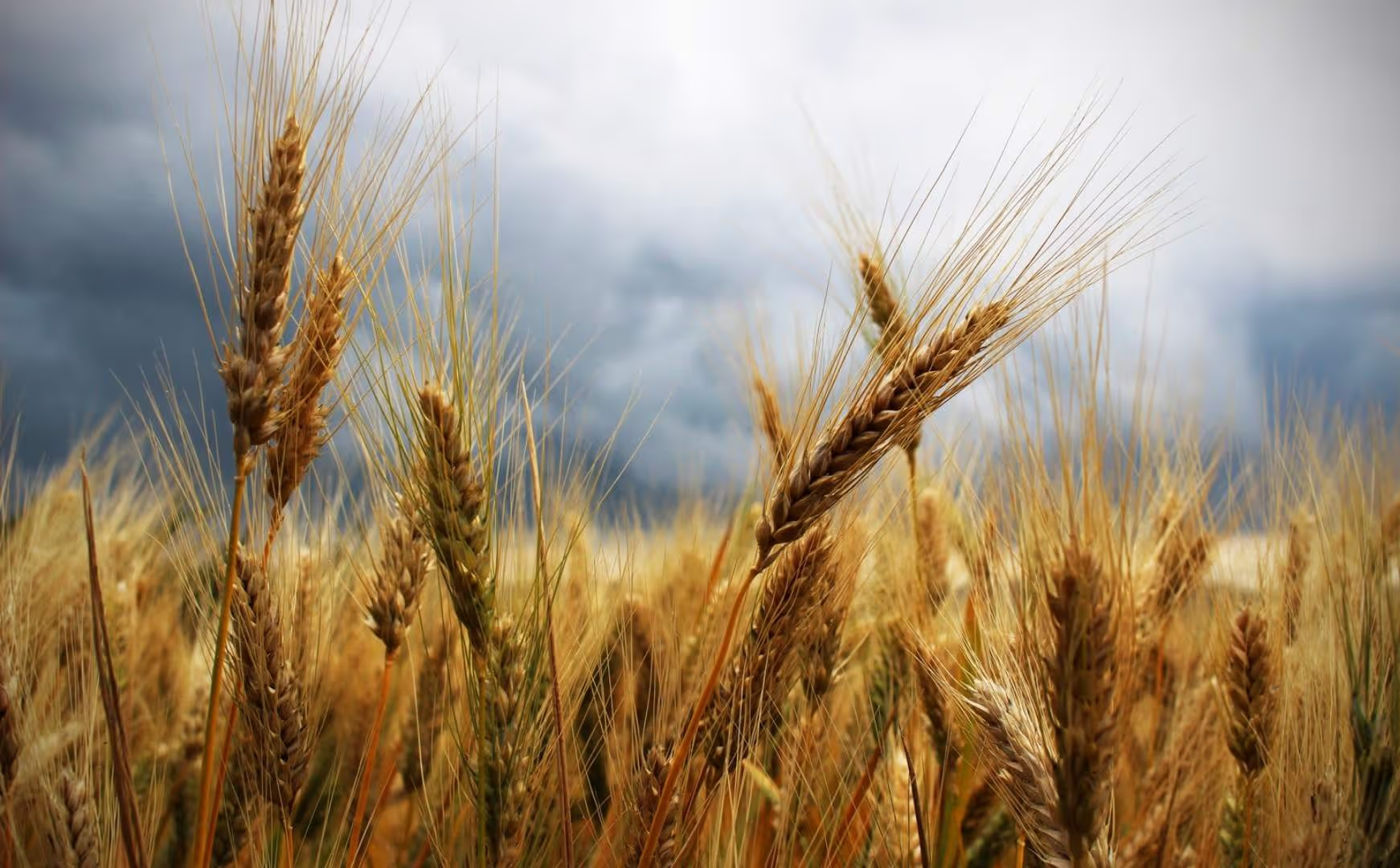
Wheat
72 million bushels

Residual Biomass
(corn stover and wheat straw) 2,100,000 tonnes
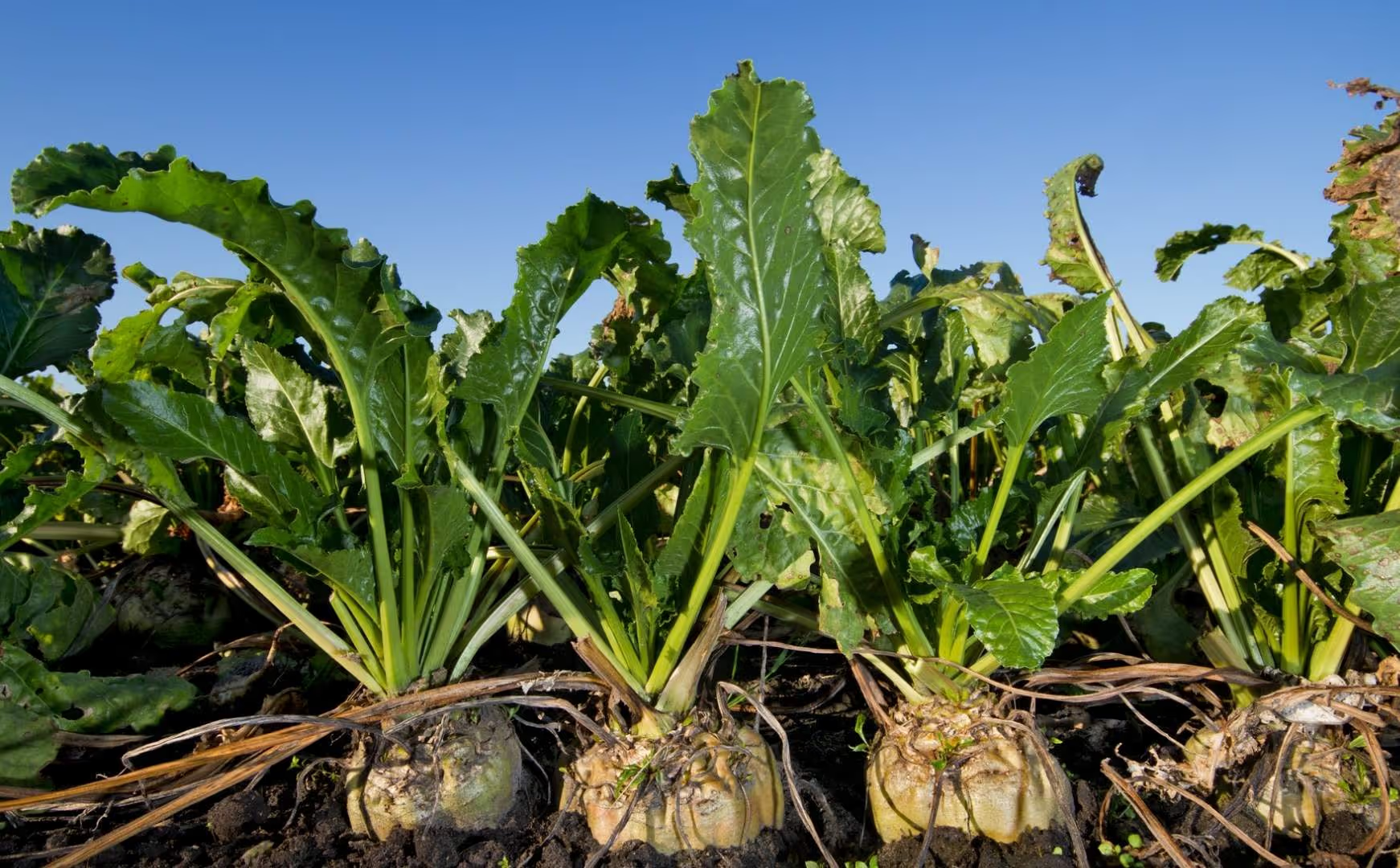
Sugarbeets
30,000 acres (potential)

High-Purity Sugars and Starches
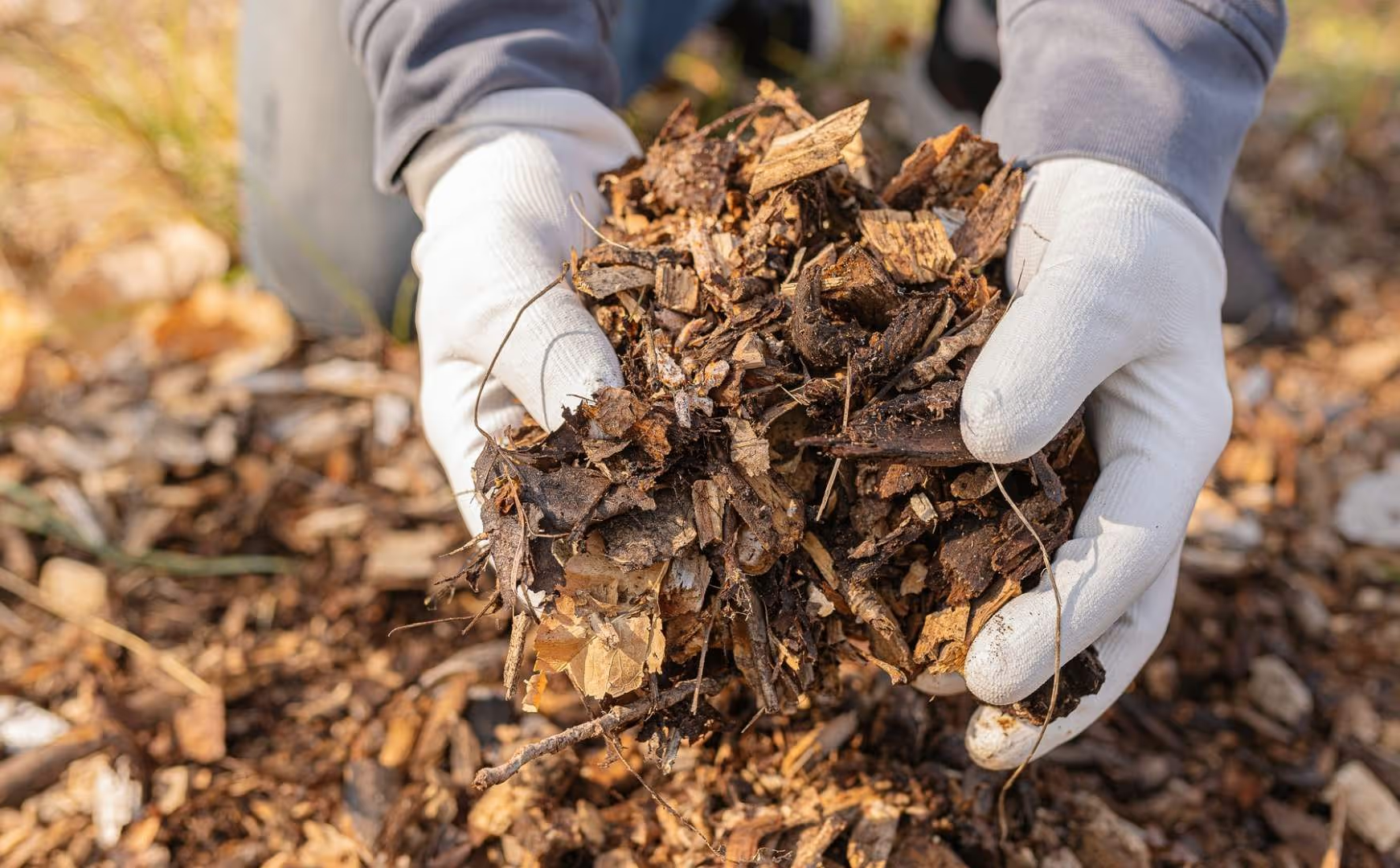
Municipal Solid Waste & Waste Oils
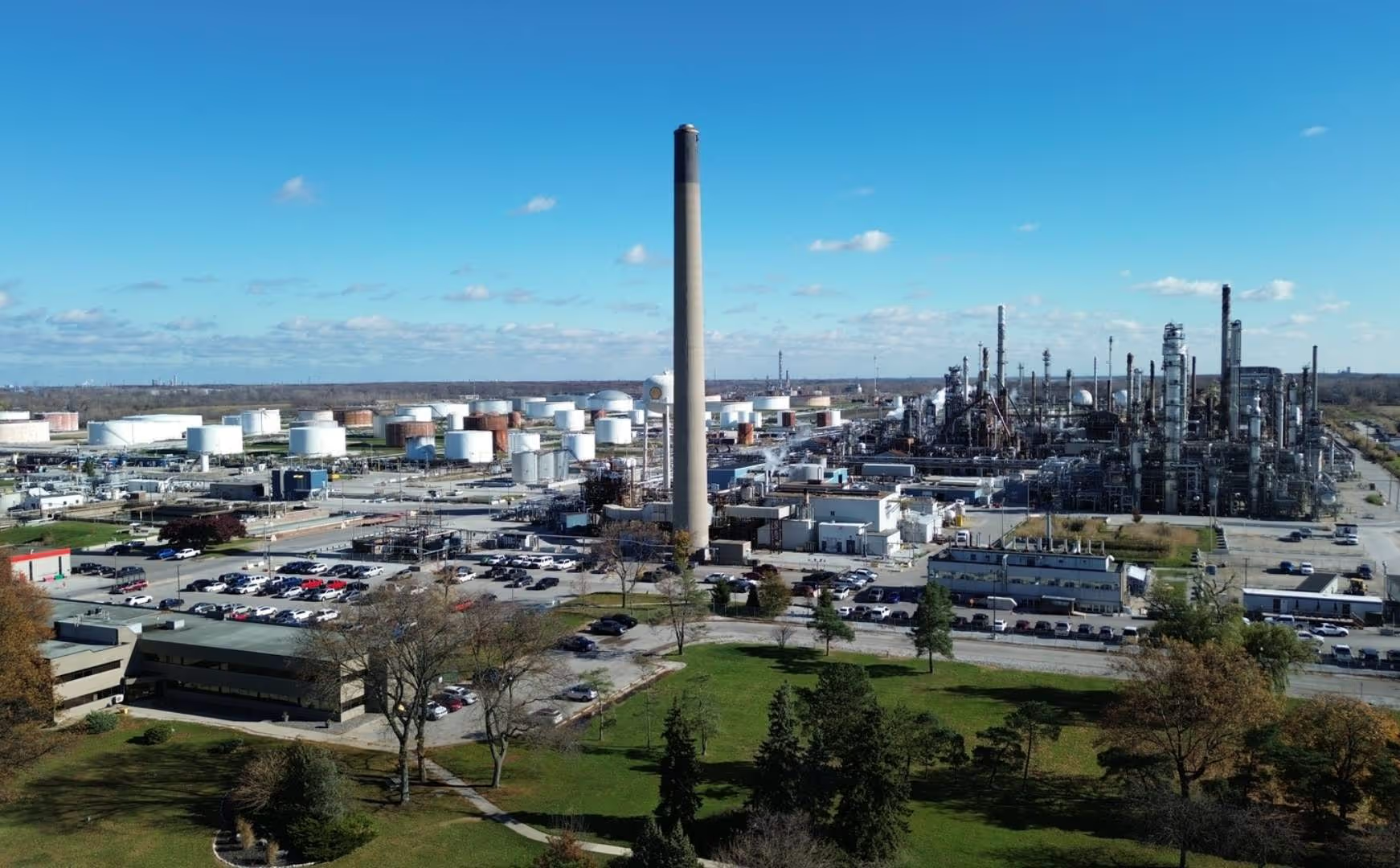
Uncaptured CO2 Emissions
8.7 million tonnes
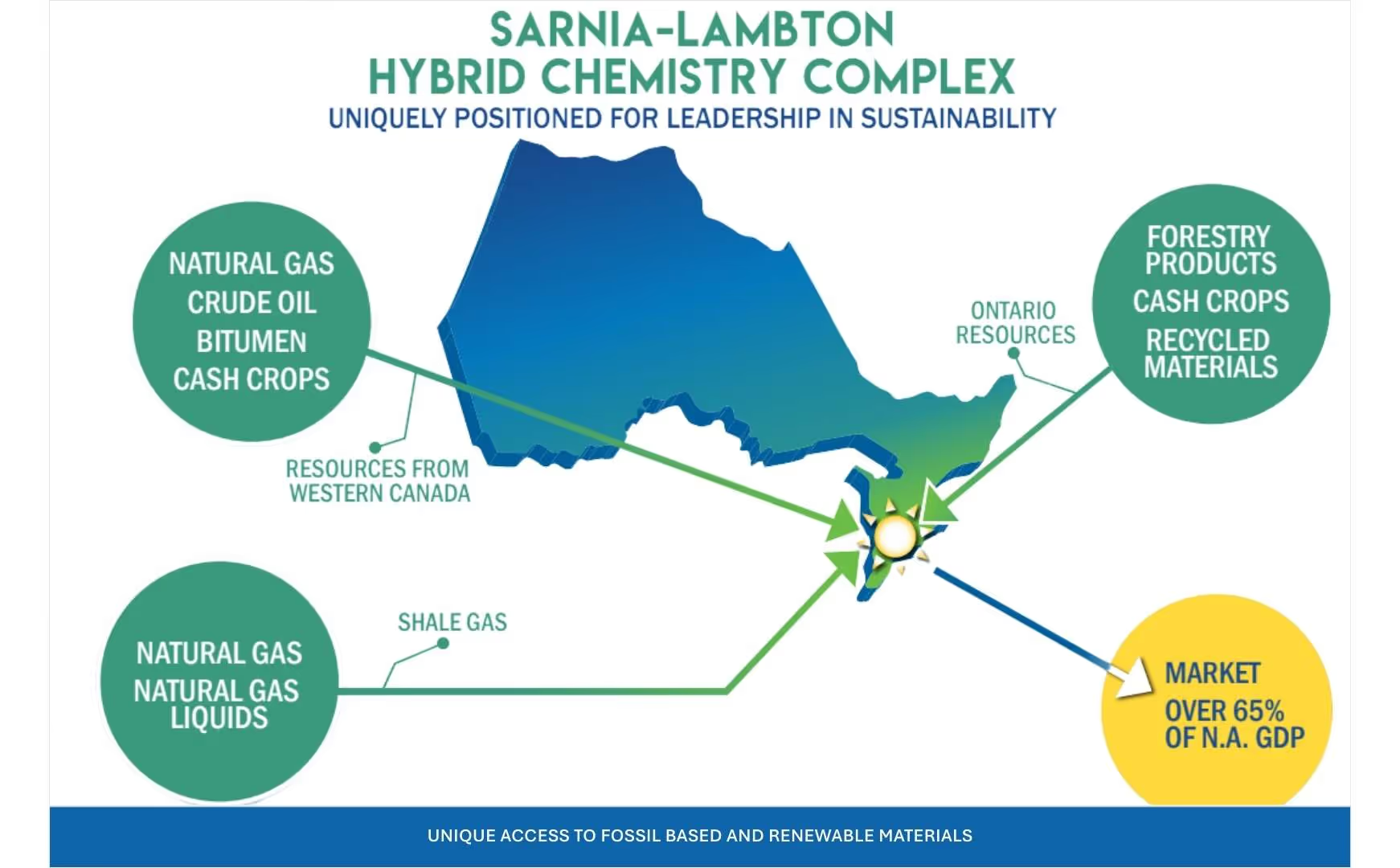
Investment in and development in sustainable chemistry is supported through a commercialization hub process that encourages the development of an idea from research to incubation, acceleration, and commercialization. This allows technologies and products to be developed from concept to production, all while being supported by local organizations and infrastructure, accelerating growth and increasing profitability.
The Commercialization Hub is supported by the Western Sarnia-Lambton Research Park, which operates Canada’s largest cleantech incubator, and Lambton College Research & Innovation, which is one of the top three research colleges in Canada.
Companies are currently operating industrial bio-based facilities at every stage, from bench scale to pilot plant to full-scale commercialization.
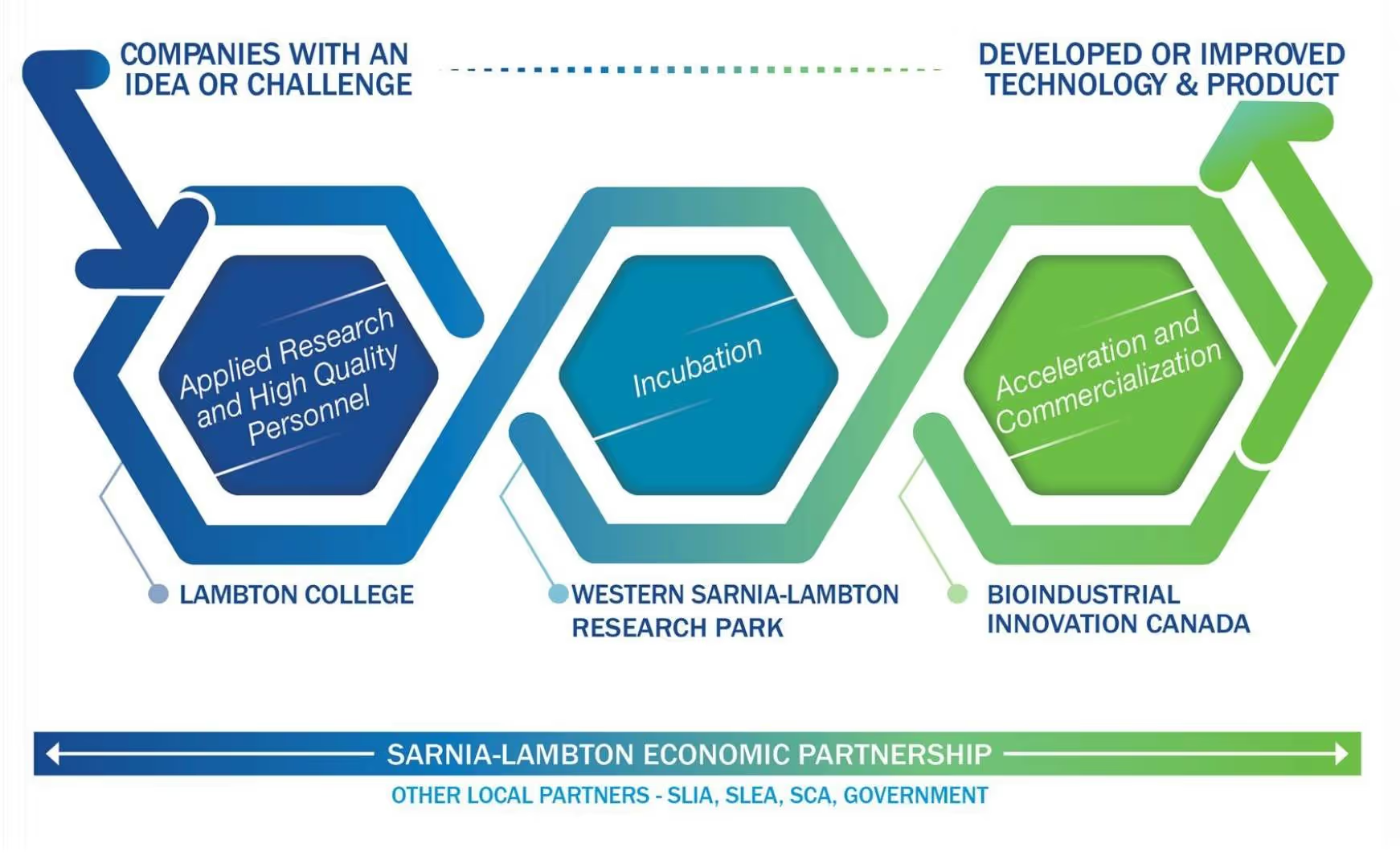
Through strong collaborations with industry leaders, research institutions, and government partners, we provide the foundation for businesses to thrive in the clean and green chemistry sector. The Sarnia-Lambton Hybrid Chemistry Cluster is designed to help bio-based companies enhance productivity, improve operational efficiency, drive innovation, and accelerate commercialization—creating new opportunities for growth and business success.